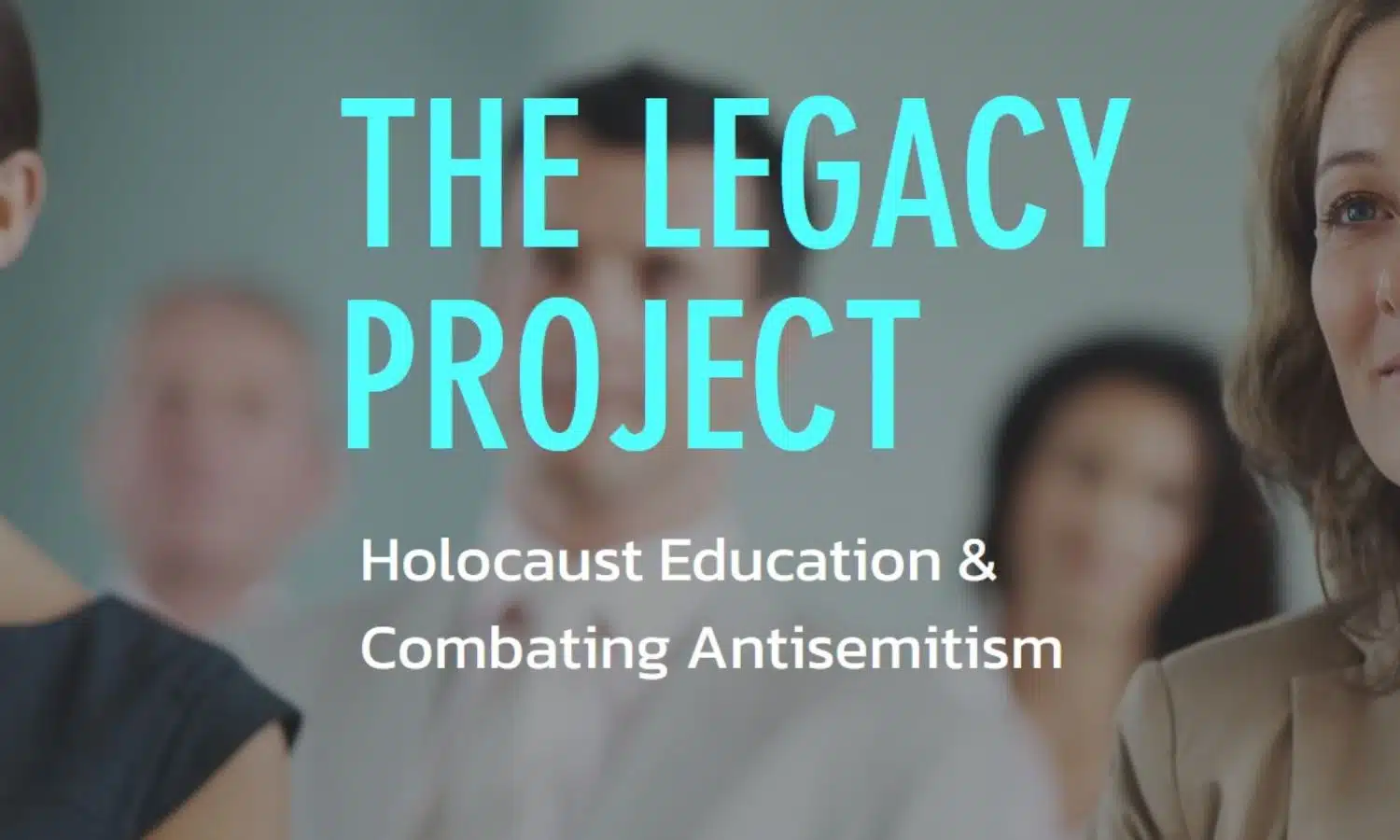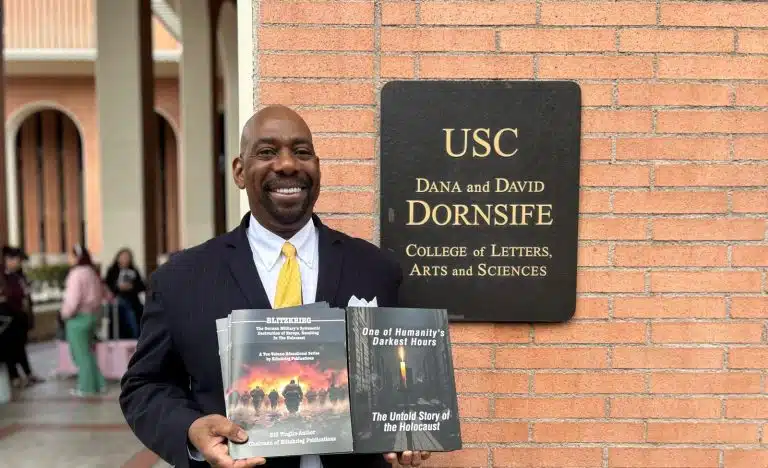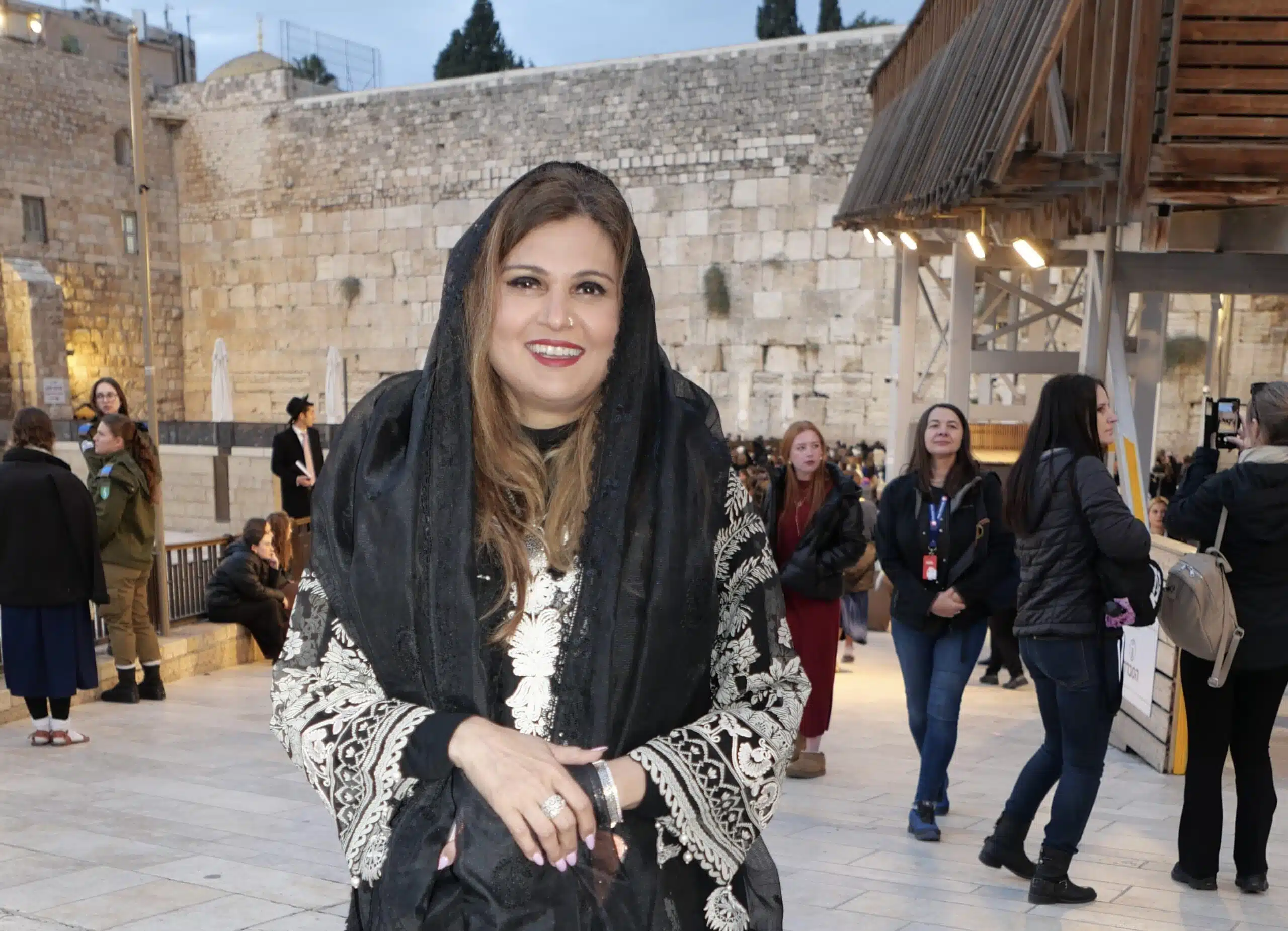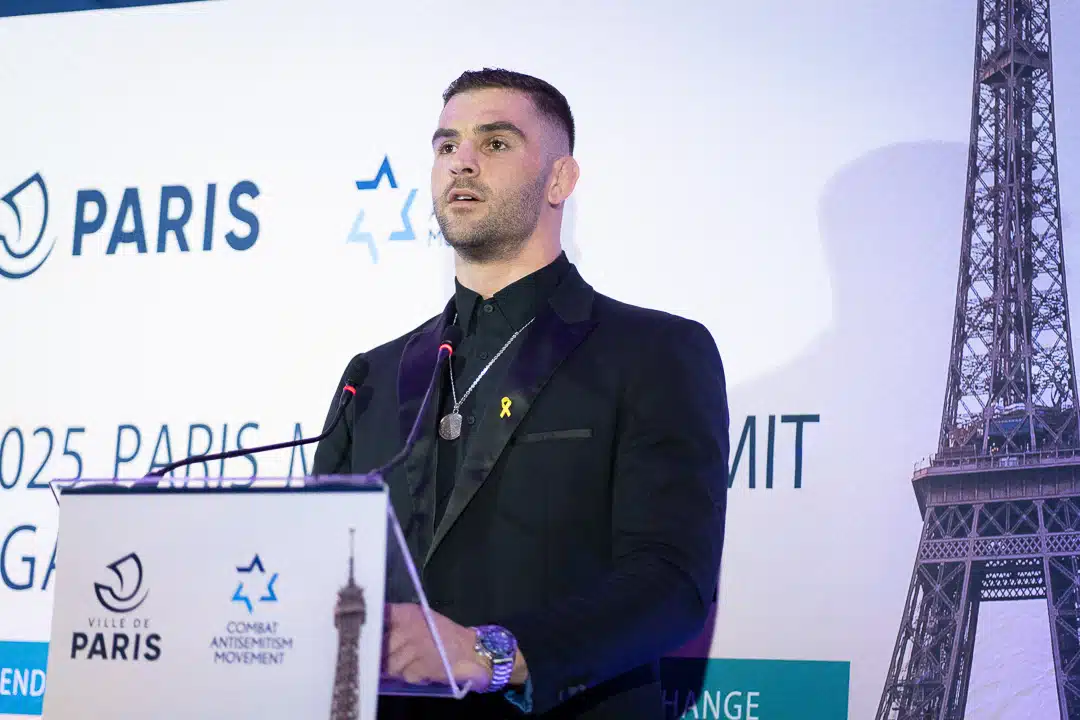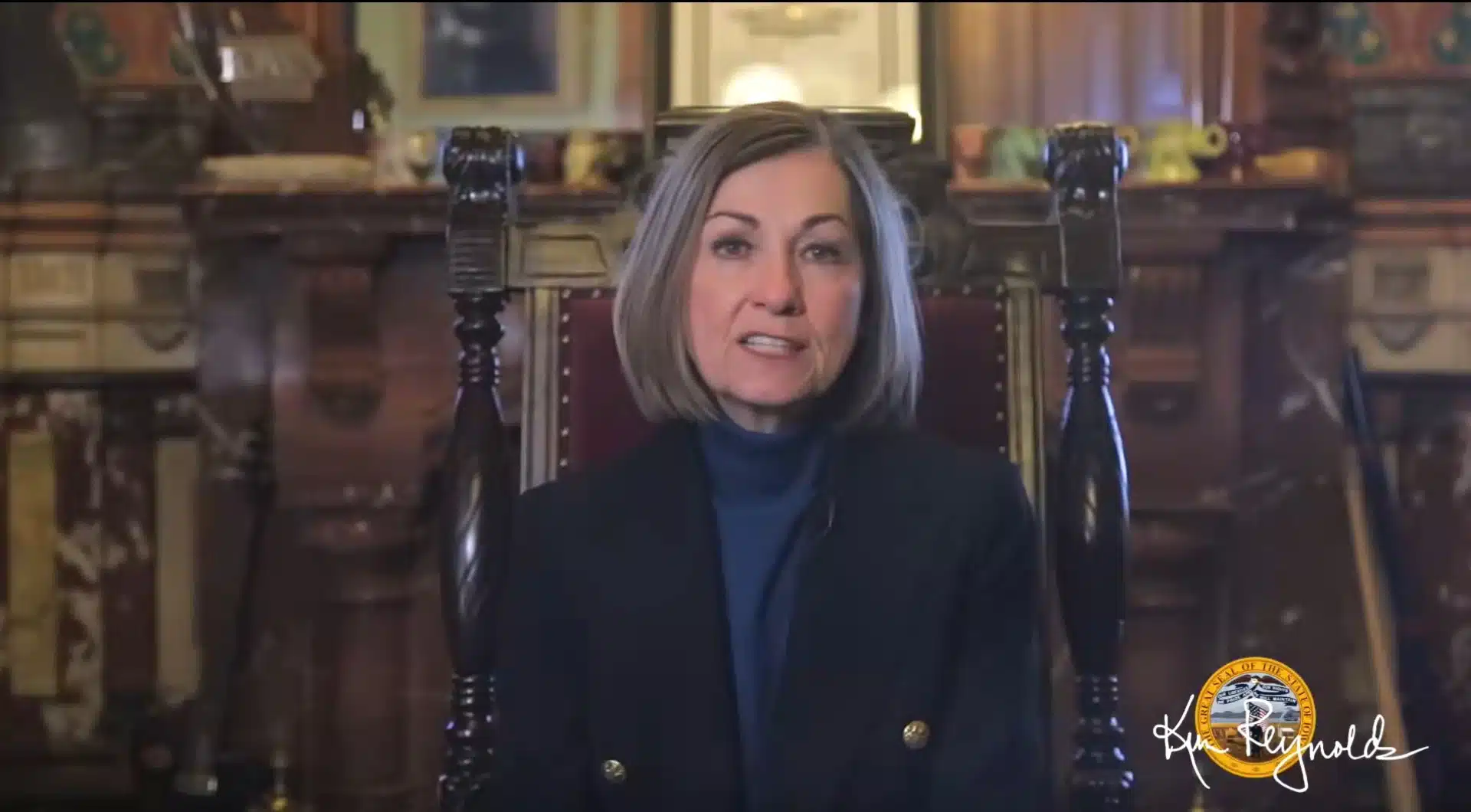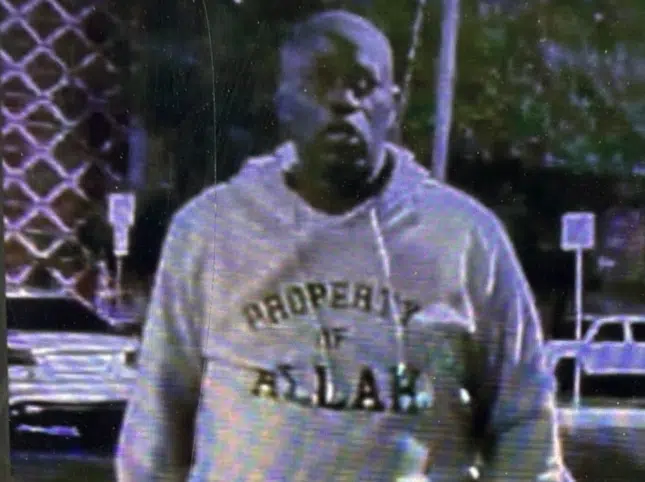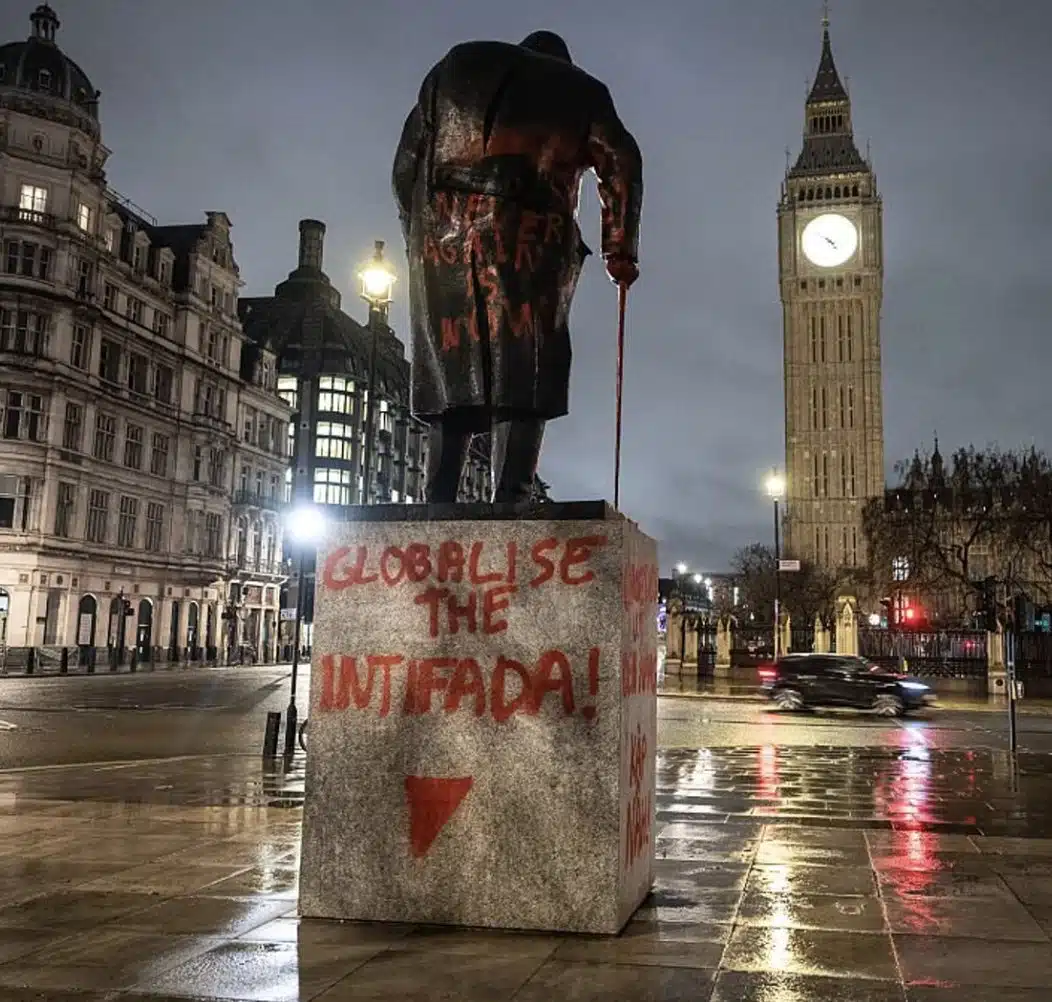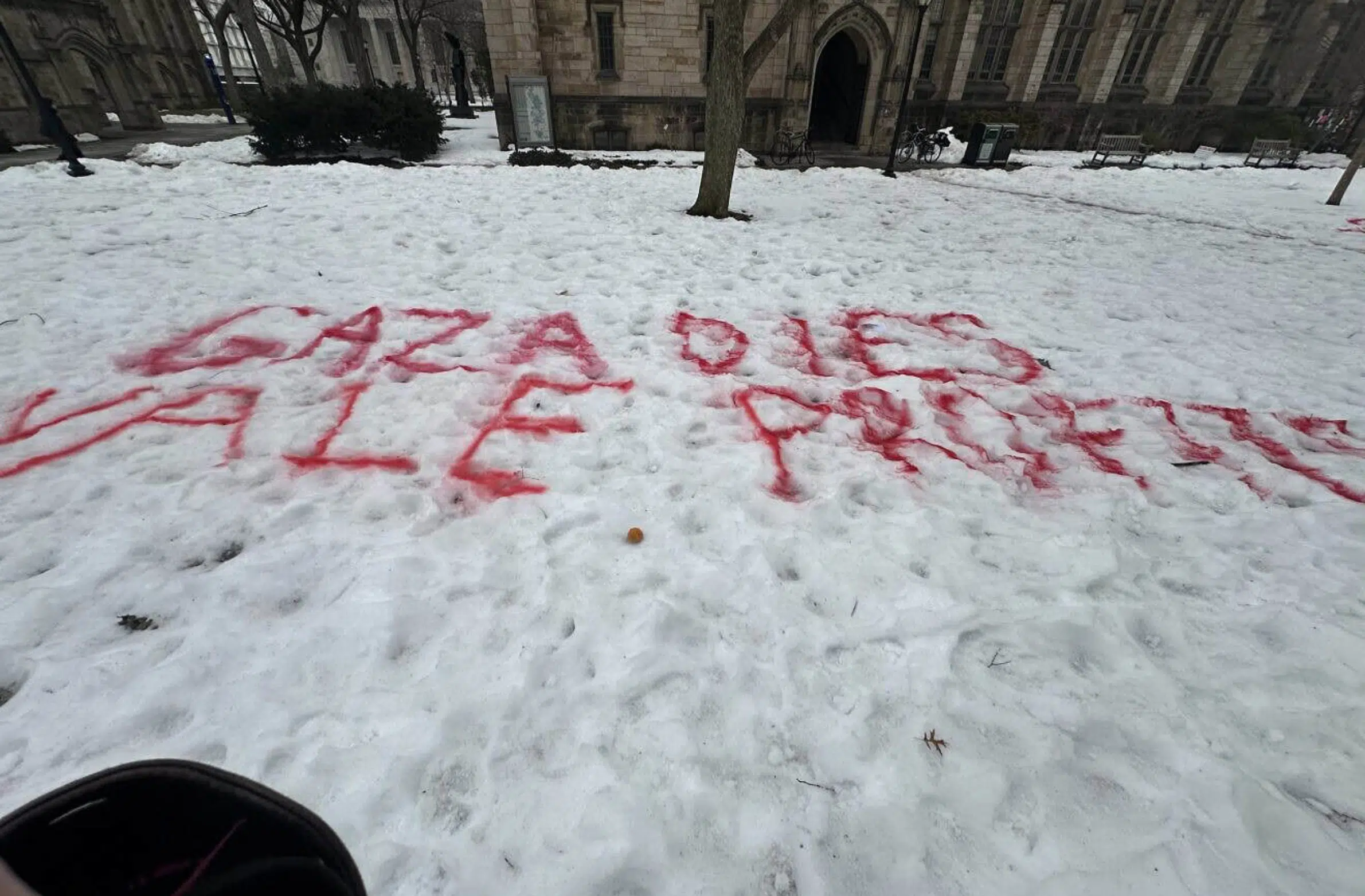A new Holocaust education initiative – the Legacy Project – has been launched with the aim of teaching the lessons of the past and fighting contemporary antisemitism through film, media, and community engagement.
The initial phase of the project will include 27 conferences in 27 different European cities over the next two years, with several hundred attendees participating in each.
“We’re looking to take the Holocaust story to Europe, mostly to non-Jews really,” Legacy Project Director Grant de Graf told the Combat Antisemitism Movement (CAM). “Because most Jews know about the Holocaust, and we’re looking to take it to unaffiliated non-Jewish communities.”
“Many people in Europe just don’t know,” de Graf, a professional filmmaker, added. “In Lithuania for example, I know people who went there, and they were speaking with 18 to 20 year olds who asked, ‘What happened to the Jews?’ They just don’t know, they haven’t been educated.”
“Most of the stories will be inspiring, and not necessarily sad,” de Graf said. “We’re looking to really inspire, and show people the story of the Holocaust. And we’re obviously hoping that’s going to reduce the amount of antisemitism, which is just totally off the charts in Europe.”
The conferences will include presentations and panel discussions featuring historians and other experts on the Holocaust, as well as survivors and their descendants.
“I think what we really offer is engagement,” de Graf noted. “We’re looking to engage in local communities, as I said, communities that really haven’t had exposure before. For example, police forces, armies, municipal services, these types of organizations. And at the conferences, we’re hoping to provide attendees with a package of ‘how-to’ tools on combating antisemitism and educating on the Holocaust.”
For more information on the Legacy Project, please visit: legacy.ngo

